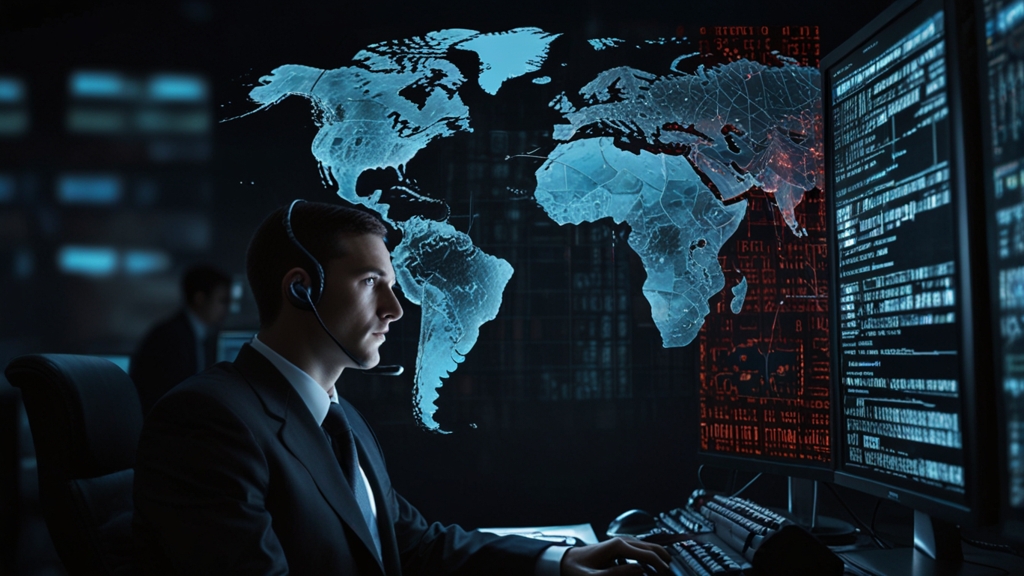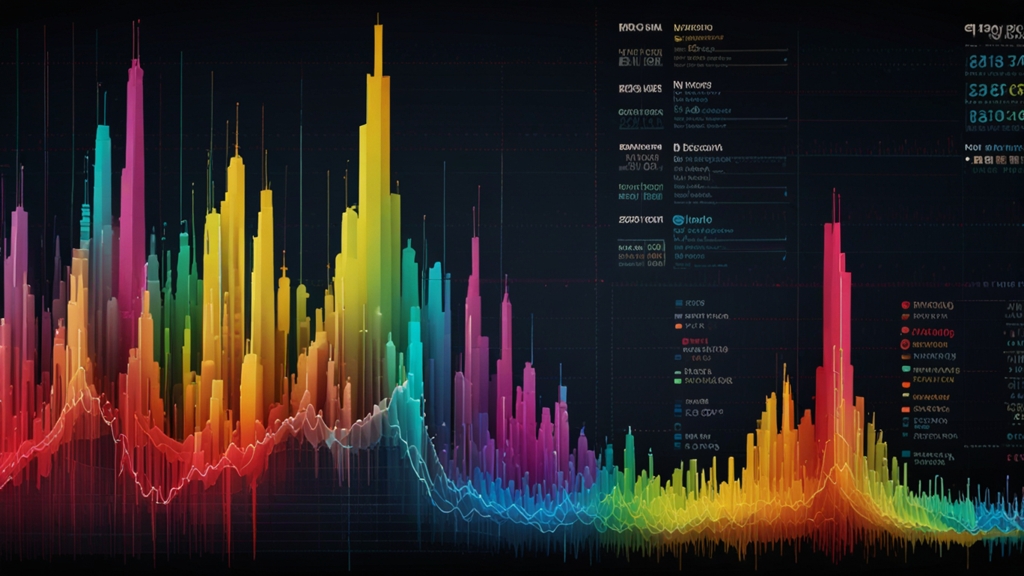Understanding Cyber Warfare: A Growing Global Concern
In today's highly digitized world, the concept of warfare has dramatically evolved. Gone are the days when conflicts were fought solely on land, sea, or air. As nations become increasingly interdependent on technology, a new battleground has emerged in cyberspace. Cyber warfare represents the next frontier in global security concerns, affecting everything from national infrastructure to privacy. Understanding this phenomenon is crucial for both governments and individuals.
What is Cyber Warfare?
Cyber warfare involves the use of digital attacks by one nation to disrupt the computer systems of another. These attacks can be executed through various means, such as viruses, phishing, Denial of Service (DoS) attacks, and hacking. The primary aim is to compromise critical information and infrastructure, thereby gaining a strategic advantage without engaging in traditional forms of combat.
The targets in cyber warfare are often crucial elements of a nation's operations: power grids, banking systems, military communications, and government databases. Compromising these elements can create chaos, undermine economic stability, and weaken military capabilities, effectively crippling a country from within.
The Tools of Cyber Warfare
Cyber warfare employs a range of sophisticated tools and techniques. Some of the most prevalent include:
- Malware: Malicious software designed to infiltrate, damage, or disable computer systems.
- Phishing: Fraudulent attempts to obtain sensitive information by masquerading as a trustworthy entity.
- DoS Attacks: Efforts to make an online service unavailable by overwhelming it with traffic from multiple sources.
- Ransomware: A type of malware that encrypts data and demands payment in exchange for restoring access.
Real-World Implications
Incidents of cyber warfare have led to significant disruptions globally. For instance, the 2017 NotPetya ransomware attack, believed to have been perpetrated by a nation-state, caused billions of dollars in damages worldwide. Similarly, allegations of election interference through cyber means have fueled debates about the integrity of democratic processes in various countries.
"The world has entered a new era of cybersecurity threats, where the lines between criminal activities and state-sponsored warfare blur, posing unprecedented challenges to national security." — Security Expert
Additionally, the emergence of IoT (Internet of Things) devices has expanded the attack surface, making even household devices potential entry points for cyber-attacks. Nations are increasingly aware of these vulnerabilities and are investing heavily in Cyber Defense capabilities and international collaborations to mitigate these threats.
Global Efforts and Regulations
Various international bodies and agreements aim to combat the threat of cyber warfare. Organizations such as NATO have recognized cyberspace as a domain of warfare, alongside land, sea, and air. The European Union's General Data Protection Regulation (GDPR) is another example, setting stringent guidelines for data protection and privacy.
"International cooperation is essential in addressing the multifaceted challenges posed by cyber warfare, as cyber threats do not recognize national borders." — International Relations Scholar
Efforts like the Budapest Convention on Cybercrime represent early steps toward creating a unified legal framework to address cyber threats. However, due to the rapid evolution of cyber technologies, global regulation remains a complex and ongoing challenge.
What Can Individuals Do?
While the scope of cyber warfare is largely at the nation-state level, individuals also play a crucial role in cybersecurity. Simple steps like keeping software up-to-date, using strong, unique passwords, and being cautious of suspicious emails can go a long way in protecting personal and professional information.
Conclusion
As we continue to navigate through the age of information, cyber warfare remains a growing global concern. The interconnectivity that brings unparalleled convenience and efficiency also exposes us to risks that were unimaginable a few decades ago. A collective effort involving governments, international organizations, and individuals is essential to combat the ever-evolving threat of cyber warfare. Being aware and pro-active is no longer optional; it's crucial for the safety and stability of our modern world.








